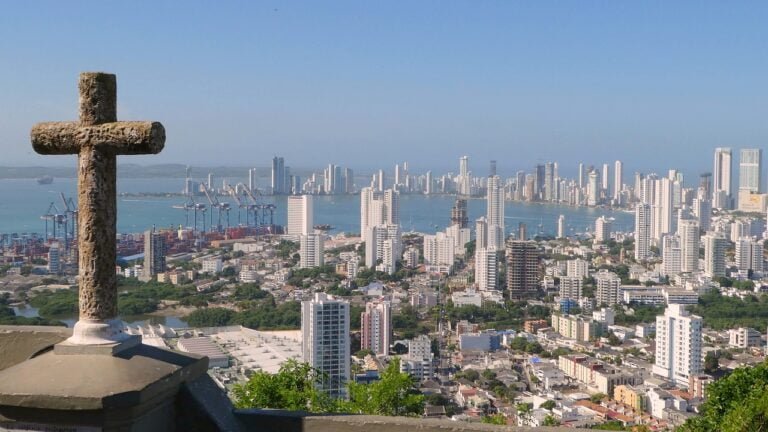What Are the 3 Main Areas of Sustainable Tourism Impact?
Sustainable tourism impact is broadly categorized into three core areas. Environmental sustainability and conservation focus on reducing the sector's ecological footprint, promoting eco-friendly practices, and preserving biodiversity. Socio-cultural impacts and community emphasize the need to respect local customs, prevent cultural homogenization, and engage with communities to maintain authenticity and benefits for local residents. Economic benefits and local development prioritize revenue management, fair wages, and reinvestment in local infrastructure, education, and social programs to stimulate economic growth and prosperity. As we delve further into these areas, the complexities and opportunities for sustainable tourism become increasingly clear.
Environmental Sustainability and Conservation
Globally, a staggering 80% of all tourism takes place in fragile and sensitive ecosystems, underscoring the critical need for environmental sustainability and conservation practices in the tourism industry. The tourism sector's environmental footprint is substantial, contributing to habitat destruction, pollution, and climate change. To mitigate these impacts, tourism operators and travelers alike must adopt sustainable practices. This includes reducing energy consumption, waste, and water usage, as well as promoting eco-friendly transportation and accommodations. Additionally, supporting conservation efforts and protected areas can help preserve biodiversity and ecosystems. By embracing environmental sustainability, the tourism industry can reduce its ecological footprint, ensuring the long-term health of our planet and the viability of tourism itself.
Socio-Cultural Impacts and Community
Beyond environmental concerns, the tourism industry also has a profound impact on the socio-cultural fabric of destinations, often influencing local communities and their ways of life. The influx of tourists can lead to cultural homogenization, where local traditions and customs are lost or adapted to cater to visitor preferences. Additionally, the presence of tourists can disrupt community dynamics, altering social structures and power relationships. Unmanaged tourism can also result in the exploitation of local cultures, with communities being reduced to mere spectacles for tourist entertainment. Sustainable tourism practices must prioritize community engagement, respecting local customs and promoting cross-cultural understanding to guarantee that tourism benefits, rather than harms, local populations. In addition, the tourism industry must also safeguard the authenticity of local cultures, preventing the erosion of traditional practices and values.
Economic Benefits and Local Development
Tourism's economic benefits can be a powerful catalyst for local development, provided that revenue streams are carefully managed and reinvested in the local community. When done correctly, tourism can generate significant income and stimulate economic growth, creating jobs and increasing local prosperity. However, it is vital to guarantee that the economic benefits are shared equitably among local stakeholders.
- Local procurement: Encourage tourism businesses to source products and services from local suppliers, thereby keeping revenue within the community.
- Fair wages and benefits: See to it that tourism employees receive fair compensation and benefits, enabling them to contribute to the local economy.
- Community-based tourism: Support community-led tourism initiatives that empower local residents to take ownership of tourism development.
- Revenue reinvestment: Allocate a portion of tourism revenue towards local infrastructure development, education, and social programs, and it is vital to prioritize the distribution of these funds to maximize local benefits.


